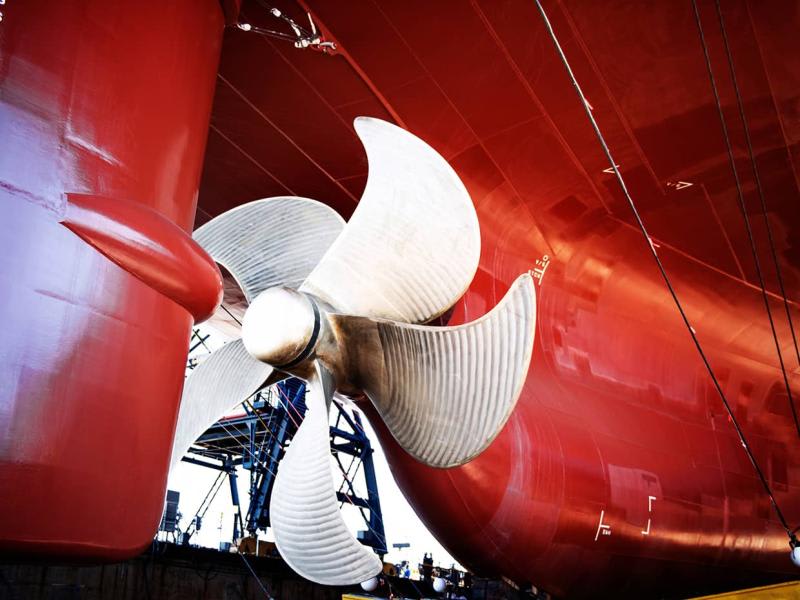Key takeaways:
Despite economic uncertainty, the European TMT sector remains a key focus for M&A, driven by innovation, private equity interest, and regional adaptability.
AI, cybersecurity, and SaaS dominate M&A trends, while revenue visibility and creative deal structures help bridge valuation gaps.
Economic stabilisation, easing interest rates, and demand for tech assets set the stage for increased M&A activity in the latter half of the year.
The technology, media, and telecommunications (TMT) sector in Europe continues to be a dynamic landscape, reflecting rapid innovation, evolving market conditions, and significant opportunities for investment and growth. Despite a challenging start to 2025, the sector has shown resilience and is poised for an uptick in activity in the latter half of the year. We explore the latest trends in M&A within the European TMT sector, drawing on insights from industry experts to highlight key developments, challenges, and future directions.
M&A activity in 2025 shows resilience amid market uncertainty
The M&A landscape in 2025 has been shaped by political and economic fluctuations, but the TMT sector remains a focal point for investors. The year began with a subdued first quarter, driven by heightened economic uncertainty, including implications from the US tariff announcements. According to Armand Von Alberti, Partner for RSM Ebner Stolz, "We saw a slow Q1 in the small and mid-cap segment due to uncertainty, but Q2 brought a promising recovery. TMT has remained a key area of activity, driven by sustained interest in innovation and growth."
Regional dynamics further underscore the sector’s adaptability. Oliver Smyth, M&A Transaction Services Partner and Nordics FDD lead for RSM in Norway, observes, "The Nordic market has remained attractive and active, driven by strong interest from local and international private equity (PE) buyers. While geopolitical concerns and economic pressures have strained valuations, investor confidence has begun to rise." Notably, UK TMT deal volumes have been more resilient than their European counterparts, largely stabilising compared to the prior year.
Valuation complexities demand greater focus on revenue visibility
Valuation remains a critical component of dealmaking, with buyers and sellers navigating evolving complexities to close successful transactions. James Bull, Corporate Finance Director & TMT Industry Analyst at RSM in the UK, emphasises that the attractiveness of predictable revenue is still high. "Recurring subscription revenue remains highly appealing, but increasing business complexity and cost of capital have made valuations more nuanced," he explained.
The focus on revenue visibility has intensified, with Alberti highlighting that "Analysis of contractual agreements and customer retention is vital to assessing revenue 'stickiness'." Echoing this view, Smyth remarks, "Customer churn can be a deal breaker. Buyers seek tech investment opportunities in robust sectors like health, energy infrastructure, or IT, where customer retention and revenue visibility are strongest."
Earn-out provisions continue to bridge valuation gaps, albeit with caveats. "These structures allow sellers to achieve the day-one value they seek while offering investors protection against post-transaction risks," says Bull, referencing the widespread adoption of performance-driven metrics like annual recurring revenue (ARR) and net revenue retention (NRR) in such agreements.
Private equity drives growth and resilience in TMT M&A
As we are seeing across almost all industries and sectors, private equity remains a major player in shaping the European TMT M&A landscape. Elevated levels of dry powder and ongoing sector appeal are fuelling substantial activity. Alex Pike, Corporate Finance Partner for RSM in the UK, noted, "TMT is the second most popular sector for private equity investment in Europe. Areas like AI-native businesses, cybersecurity, and vertical software as a service (SaaS) are attracting significant attention."
Infrastructure-oriented subsectors are also seeing strong valuation growth. Across the Nordics, according to Smyth, "Critical areas such as energy infrastructure and government IT-related sectors are particularly attractive for PE investment by proving to be robust long-term investments that offer low churn and high visibility." These strategic investments underscore private equity's intent to capitalise on reliable tech assets with sustainable growth prospects.
Macroeconomic factors shape deal structures in 2025
Macroeconomic conditions, including interest rates and inflation, continue to influence the structuring and execution of TMT deals in 2025. Bull highlighted, "While financing costs have eased slightly compared to peak levels, they remain significantly higher than the pre-2022 zero-interest rate environment, impacting valuations and deal timelines." Sellers and buyers are increasingly turning to different deal structures, including deferred payments and earn-outs, to balance expectations and align incentives.
Despite ongoing uncertainties, interest rate reductions across Europe have provided much-needed optimism. Smyth explains, "Falling interest rates have contributed to renewed confidence among investors, encouraging dealmakers to look beyond short-term volatility."
AI and cybersecurity shape the future of M&A
Deal activity is increasingly centred on four innovation themes—generative AI, cybersecurity, quantum computing, and vertical SaaS. "AI and data-rich SaaS platforms typically attract the highest multiples," says Bull, "while a rise in cybersecurity deals reflects growing regulatory demands and awareness following high-profile attacks in 2025."
Emerging technologies not only influence valuation strategies but also add layers of complexity to the due diligence process. Expanding on this, Bull shares, "Investors are pushing for deeper insights into business models, unit economics, and return on investment metrics, especially regarding AI workloads and variable pricing models. Segmenting ARR into fixed and variable components is critical to understanding long-term value."
Cross-border M&A faces increased scrutiny but continues to attract strong investment
Cross-border M&A activity has become increasingly complex as geopolitical factors and regulatory scrutiny introduce new barriers to transactions. However, Europe remains a hub for international investment, particularly in the UK. "The UK has been the most significant recipient of cross-border TMT investments within Europe, with 40% (an increase from last year’s 35%) of deals completed in the 12 months to March 2025 (per PitchBook) involving external investors," highlighted Bull.
The Nordic region is also a noteworthy centre for innovation-driven opportunities. "Known for its digital maturity, the region continues to attract interest from private equity, providing high-quality TMT assets," notes Smyth.
“Cross-border partnerships and minority investments are emerging as strategic alternatives to outright acquisitions in overcoming regulatory challenges,” says Bull. Alberti affirms, "These partnerships are especially important for PE-backed buy-and-build strategies focused on international expansion."
Optimism for the second half of 2025 as TMT M&A gains momentum
The outlook for the European TMT industry in H2 2025 is cautiously optimistic. Bull comments, "Industry activity is anticipated to rise, driven by demand for technology assets such as AI, cybersecurity, and vertical SaaS. Combined with economic stabilisation, further interest rate easing, and the pressure on private equity firms to realise returns, the foundation is set for a surge in deal-making activity."
As is almost always the case, challenges remain, particularly in managing valuation differences and regulatory hurdles, but the sector's inherent resilience and alignment with innovation trends offer promising prospects. Smyth concludes, "We expect continued high levels of activity in the TMT sector, with a sharper focus on mission-critical segments."
Final thoughts
The European TMT M&A landscape in 2025 is reflective of both the challenges of a complex macroeconomic environment and the boundless opportunities presented by technological progress. With private equity leading the charge, innovation at the forefront, and cross-border collaboration increasing, the sector remains a beacon for growth-driven investment. By staying adaptable and leveraging insights, investors and businesses alike are positioned to harness the opportunities on offer and achieve lasting success.








